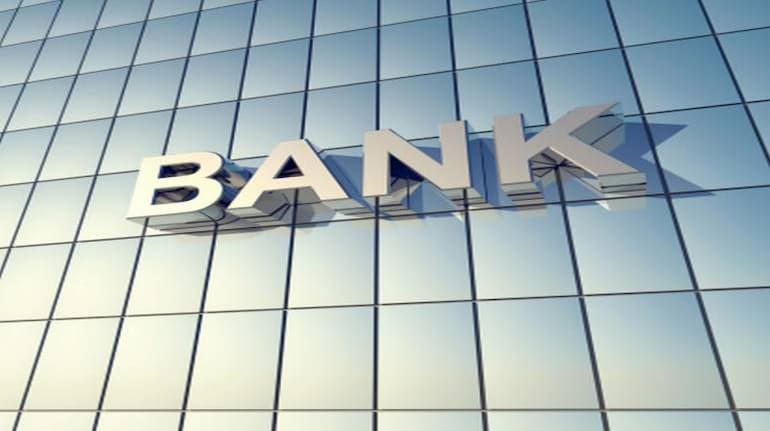



Raghuram Rajan, former governor of the Reserve Bank of India, once said in a letter to his employees, “We do not punish the wrong-doer unless he is small and weak.”
The words said two years ago are resonating well today with the public sector bankers, whose decision-making on sanctioning of loans has been under scrutiny of various investigative agencies.
Since earlier this year, many bankers have had to go through multiple rounds of questioning following scams in the sector.
It was Bank of Maharashtra’s turn this week. After a yoga class Wednesday the state-owned bank’s CEO and MD Ravindra Marathe, among other current and former top bank officials, was arrested by the Pune police without any prior notice.
A day later, bankers within the bank and outside had raised concerns over hounding of bankers for their commercial decisions.
"We cannot be constantly under scrutiny for taking a wrong decision. Loans can default for various reasons, not just wrongdoing by bankers. Yes, we need to ensure the due process is followed. But we do not know what the agencies will interpret," said a senior bank official.
On Friday, the national body of bankers - Indian Banks’ Association (IBA) expressed anguish and concerns over the manner of sudden criminal proceedings against the officials without enough evidence.
IBA also called for an independent committee comprising of government, RBI and retired bank officials to look into the charges of such investigations.
Also Read: Bank of Maharashtra's future plans in jeopardy
In similar news, ICICI Bank said it faced yet another whistleblower complaint, which is likely its third, with allegations of "irregularities in the conduct of some borrower accounts" and "incorrect accounting".
After the complaint was received in March, the country's largest private lender instituted an inquiry into the matter under the supervision of the audit committee of the board of directors.
ICICI Bank and its chief Chanda Kochhar, who is currently on leave pending an inquiry, is in the midst of a storm of questions relating to “conflict of interest” and non-disclosures while giving loans to corporate borrowers including Videocon group.
Such instances have raised corporate governance standards in the board of private sector banks and the role of independent directors as well as the government.
Even in the Rs 14,000 crore-plus fraud at Punjab National Bank unearthed in February, senior officials have been consistently been questioned.
Former PNB chief Usha Ananthasubramanian, who was in charge of Allahabad Bank till recently, was stripped of the powers by the board immediately after the Central Bureau of Investigation named her in the charge sheet.
While there may be a differential treatment in tackling cases against public and private sector officials, the government is also looking at consolidation and mergers of banks it holds stakes in for better decision making.
Meanwhile, the government is looking to divest its stake in the public sector banks. In the latest developments, it is considering the sale of a significant portion of its stake in IDBI Bank to Life Insurance Corporation (LIC).
The insurance regulator IRDAI may take up the matter during its June 29 board meeting.
However, this may still call for debate over the leadership, powers of board and owners as well as governance at a bank.
This at a time when non-performing assets (NPAs) continue to impact the financials across the sector.
Also Read: Of leadership crunch and low pay
Discover the latest Business News, Sensex, and Nifty updates. Obtain Personal Finance insights, tax queries, and expert opinions on Moneycontrol or download the Moneycontrol App to stay updated!